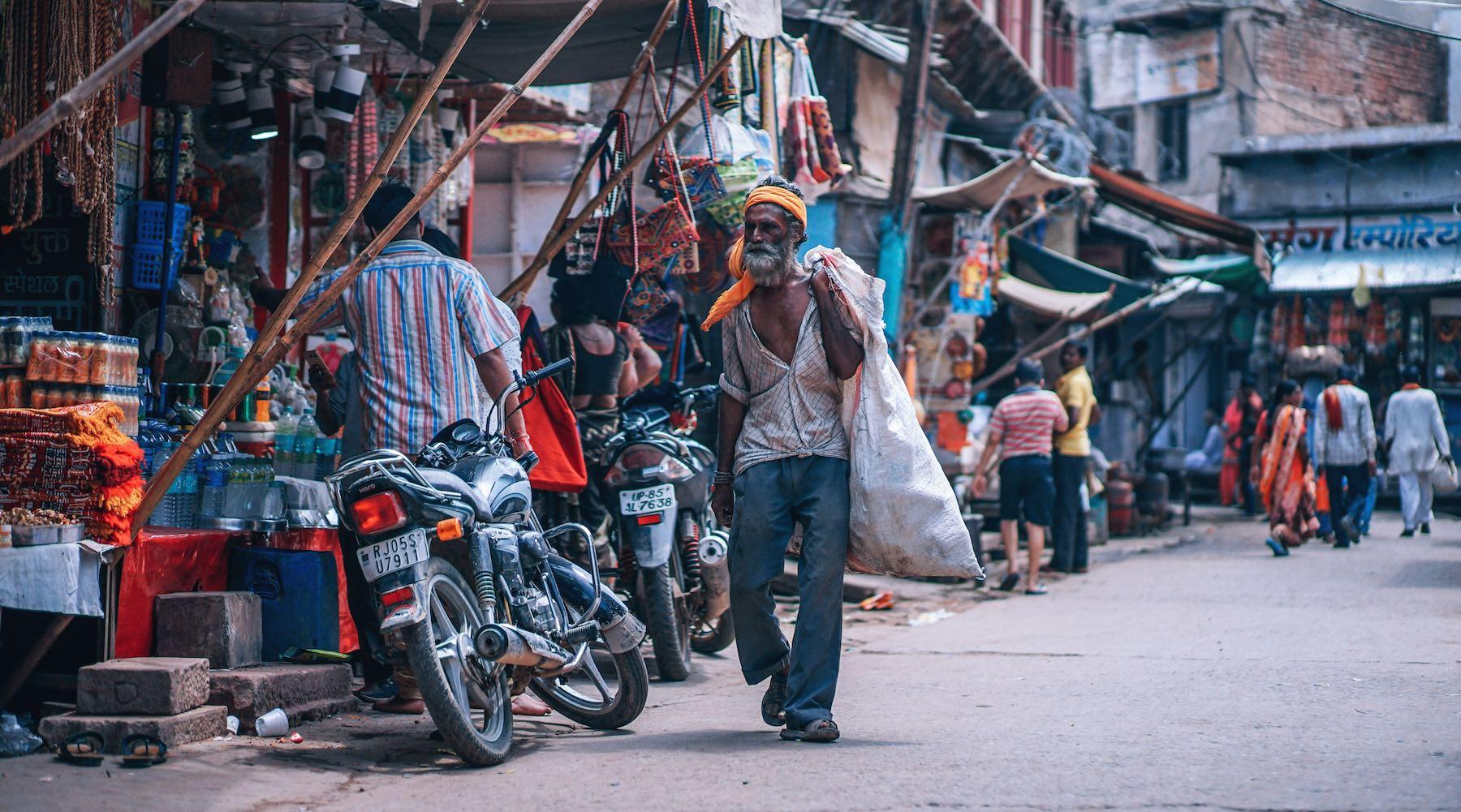India's Prime Minister Announces Plan To Eliminate Single-Use Plastic By 2022
India is being praised for showing "world leadership" by instituting the ban, but UN officials warn we still need to do much more to keep plastics from running into the ocean and destroying marine life.
Updated May 31 2019, 11:02 a.m. ET
On Tuesday, Narendra Modi, India's prime minister, announced a plan for the country to completely eliminate all single-use plastic by 2022, the Guardian reports. The decision was revealed at a World Environment Day summit hosted by the PM in New Delhi.
Countries around the world have been making similar pledges, but India has one of the fastest growing economies in the world, and 1.3 billion people.
That many people produce 25,000 metric tons of plastic per day, according to the Independent. The government claims that 60 percent of this plastic is recycled, but outside agencies estimate it's closer to 40 percent.
India also has over 4,500 miles of coastline. In conjunction with the new ban, they announced a campaign to clean up marine waste, and to start tracking how much plastic enters the water via India's coast, which will help to support further action. They also pledged to focus on the nation's national monuments, promising to keep them "litter free." That's 100 different locations.
“The choices that we make today will define our collective future,” said Modi. “The choices may not be easy. But through awareness, technology, and a genuine global partnership, I am sure we can make the right choices. Let us all join together to beat plastic pollution and make this planet a better place to live.”
He continues: “Environmental degradation hurts the poor and vulnerable the most. It is the duty of each one of us to ensure that material prosperity does not compromise our environment.”
This move is "unprecedented" by the standards of UN environment agency. UN Environment chief Erik Solheim said that India was showing "global leadership."
India's environment minister, Harsh Vardhan, made a personal pledge at the summit to end his personal use of single-use plastic, and said pledging to ban them nationwide would be a step towards creating the “India of our dream."
A Delhi-based NGO called Chintan, which advocates for sustainable consumption told the Independent that the plan was ambitious, but not "impossible."
“It will be very difficult [to phase out single-use plastics], but if everyone works together we hope it can be made a reality,” said the group's advocacy manager, Rajat Rai Handa.
The pledge might be achievable because it refers to things like plastic straws, cutlery, and thin bags, but does not include “multi-layered packaging," or items that carry things, like chocolate or potato chips, or items layered with plastic but not solely of that material.
That same day, the UN released a report on all the countries agreeing to a plastic ban, though the form of their pledges vary. Sri Lanka has banned styrofoam, China is implementing a biodegradable bag, and the Galapagos has also banned single-use plastic.
But officials say the issue is more that in many places, bans are not enforced and plastic is smuggled in for use. The UN authorities have warned that much more drastic action needs to take place to stem the flow of plastic into the ocean.
It's believed that pressing the business sense of reducing plastic may be the key to change.
"The assessment shows that action can be painless and profitable – with huge gains for people and the planet that help avert the costly downstream costs of pollution. Plastic isn’t the problem. It’s what we do with it," said Solheim.
